What is N-acetyl cysteine and how can it support both male and female fertility?
N-acetyl cysteine often shortened to NAC, is the supplement form of the amino acid (protein) cysteine. It’s key role is in helping to replenish the most important antioxidant, glutathione. Glutathione has many important functions, some of which are the regeneration of vitamin E and C; detoxification; functioning of the mitochondria (part of cell where energy is produced); and the regulation of cell growth and death. Chronic inflammation reduces the amount of glutathione available, and cysteine is needed to produce more.
NAC is a popular dietary supplement with a variety of health benefits. These include loosening mucous in your nasal passages and supporting lung health.1 It can also keep your immune system healthy.2 But perhaps one of the most interesting benefits of NAC is its ability to support fertility, in both men and women.
NAC for Male Fertility
Research has shown that NAC can support male fertility by reducing the oxidative stress that damages sperm. The sperm of men that are experiencing fertility issues have higher levels of reactive oxygen species (ROS) compared with sperm from men with optimal fertility. These high levels of ROS in semen can lead to dysfunctional sperm, DNA damage in the sperm, and reproductive problems.3
A number of studies investigated NAC’s role in male fertility. Research found that:
- Giving NAC to infertile men leads to increased sperm count and improved sperm motility.3
- NAC improves abnormal sperm structure and DNA damage to the sperm,3 4 and it increases testosterone levels, too.3
- NAC boosts the total antioxidant capacity and causes a drop in oxidative stress.3,4
NAC also teams up with other antioxidants to give a significant boost to semen concentration and sperm motility in men with an unexplained reduction in semen quality (a condition known as idiopathic male infertility).5
A formula containing NAC and other antioxidants also improves sperm shape and structure and reduce DNA damage and oxidative stress in idiopathic infertile men.
In men with unexplained male infertility (infertility of unknown origin with normal sperm) the NAC/antioxidant formula didn’t have as strong as an effect compared to in men with idiopathic infertility. Even so, it still improved sperm motility and DNA damage, as well as reduced oxidative stress.
A review of various studies found that combinations of antioxidants including NAC also improved live birth rates, along with other fertility-related benefits.6
NAC for Female Fertility
NAC may also be a girl’s best friend when it comes to female fertility. According to a number of studies, NAC can:
- Protect ovarian follicles in human ovarian tissue7
- Induce ovulation in women with polycystic ovary syndrome when used together with clomiphene citrate (a fertility drug).8
- Improve the take home baby rate in a group of women with a history of unexplained recurrent pregnancy loss, when combined with folic acid.9
- Reduce the risk of preterm births in women with bacterial vaginosis.10
- Support healthy blood pressure during pregnancy when combined with other antioxidant supplements in women who had low levels of antioxidants.11
NAC has been well-researched in relation to Endometriosis and here are a few interesting results:
- In one study of 92 women, treatment for 3 months with NAC caused endometriomas to reduce but the group that didn’t get the treatment had their endometriomas grow significantly. The same study also saw pain reduction as well as eight pregnancies.
- In a study of 398 women treated with a NAC in combination with 2 other nutrients, pelvic pain reduced significantly after 3 months, and even more after 6 months of treatment.
The ability of NAC to reduce the size of endometriomas is particularly interesting when we look at infertility: endometriomas are cysts within the ovaries, and they often don’t respond well to medical treatment. They make it more difficult to retrieve eggs and if you are undergoing ovarian stimulation during IVF they can cause severe (additional) pain. They also interfere with ovulation and even damage ovarian tissue.
One particularly interesting study—although it was in animals—investigated the effects of NAC on mouse oocytes exposed to the toxin known as bisphenol-A (BPA).12 NAC protected the oocytes from BPA-caused damage.
If this also holds true in humans, it’s a significant finding as BPA is a common toxin found in some food can linings, plastic water bottles, and cash register receipts.
The reason why NAC is so beneficial? Much of its fertility-enhancing effects are due to its ability to reduce oxidative stress.
The Bottom Line on NAC and Fertility
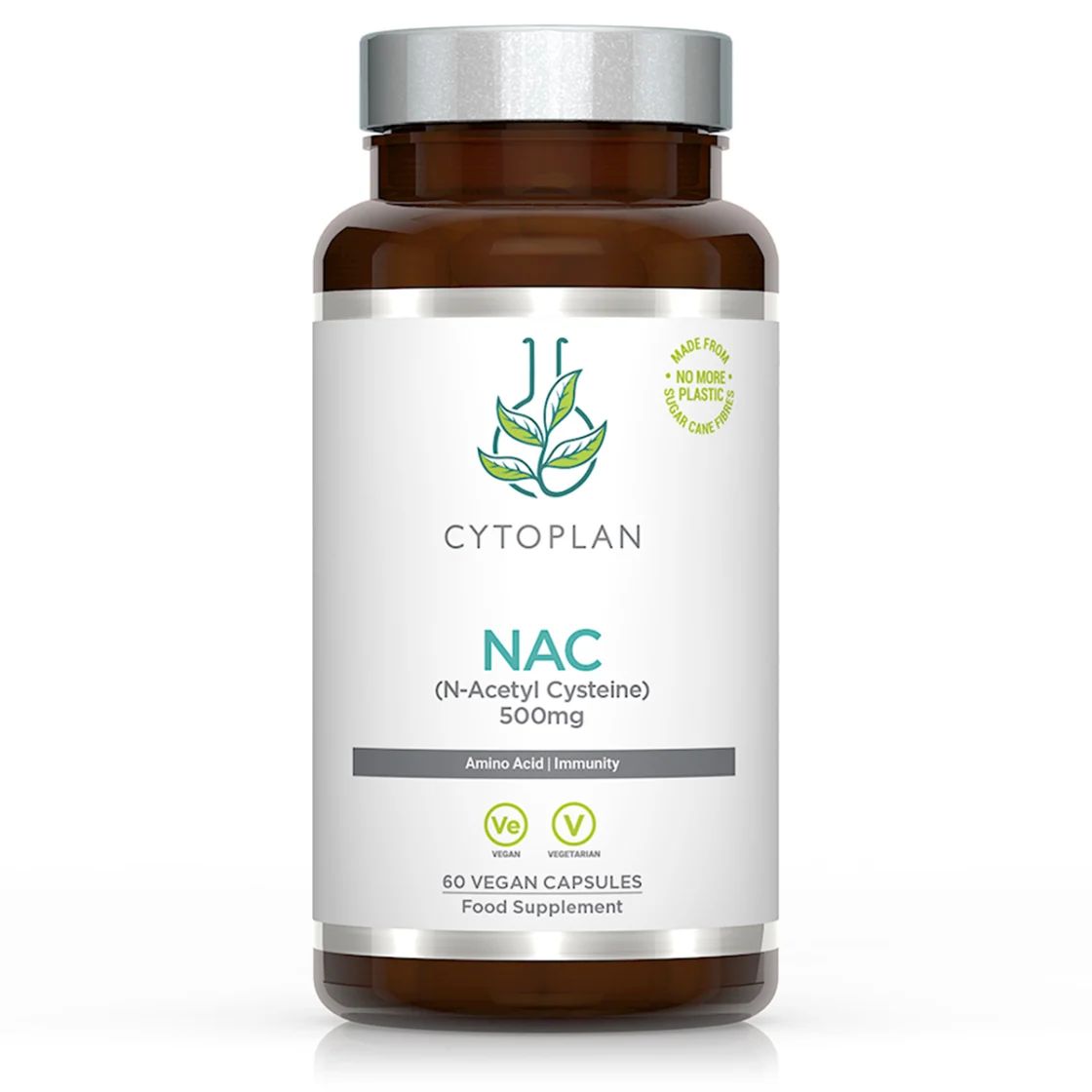
There’s a lot of good research to show NAC likely plays a role in supporting both male and female fertility. It’s beneficial for sperm health, ovulation, and maintaining a healthy pregnancy—to name a few benefits. It is important to understand, however, that most of the research done to date has looked at the benefits of NAC in men and women with suboptimal fertility – less is known about the benefits of oral supplementation with NAC in healthy men and women with optimal fertility.
References:
- Stey C, Steurer J, Bachmann S, Medici TC, Tramèr MR. The effect of oral N-acetylcysteine in chronic bronchitis: a quantitative systematic review. Eur Respir J. 2000;16(2):253-262.
- De Flora S, Grassi C, Carati L. Attenuation of influenza-like symptomatology and improvement of cell-mediated immunity with long-term N-acetylcysteine treatment. Eur Respir J. 1997;10(7):1535-1541.
- Jannatifar R, Parivar K, Roodbari NH, Nasr-Esfahani MH. Effects of N-acetyl-cysteine supplementation on sperm quality, chromatin integrity and level of oxidative stress in infertile men. Reprod Biol Endocrinol. 2019;17(1):24.
- Barekat F, Tavalaee M, Deemeh MR, et al. A Preliminary Study: N-acetyl-L-cysteine Improves Semen Quality following Varicocelectomy. Int J Fertil Steril. 2016;10(1):120-126.
- Arafa M MA, Agarwal A, et al. Is there a role for oral antioxidants in the treatment of infertile men with high sperm DNA fragmentation? Paper presented at: Foundation of Reproductive Medicine Annual ConferenceNovember 2018; New York.
- Majzoub A, Agarwal A. Systematic review of antioxidant types and doses in male infertility: Benefits on semen parameters, advanced sperm function, assisted reproduction and live-birth rate. Arab J Urol. 2018;16(1):113-124.
- Olesen H, Pors SE, Jensen LB, et al. N-acetylcysteine protects ovarian follicles from ischemia-reperfusion injury in xenotransplanted human ovarian tissue. Hum Reprod. 2021;36(2):429-443.
- Badawy A, State O, Abdelgawad S. N-Acetyl cysteine and clomiphene citrate for induction of ovulation in polycystic ovary syndrome: a cross-over trial. Acta Obstet Gynecol Scand. 2007;86(2):218-222.
- Amin AF, Shaaban OM, Bediawy MA. N-acetyl cysteine for treatment of recurrent unexplained pregnancy loss. Reprod Biomed Online. 2008;17(5):722-726.
- Shahin AY, Hassanin IM, Ismail AM, Kruessel JS, Hirchenhain J. Effect of oral N-acetyl cysteine on recurrent preterm labor following treatment for bacterial vaginosis. Int J Gynaecol Obstet. 2009;104(1):44-48.
- Rumiris D, Purwosunu Y, Wibowo N, Farina A, Sekizawa A. Lower rate of preeclampsia after antioxidant supplementation in pregnant women with low antioxidant status. Hypertens Pregnancy. 2006;25(3):241-253.
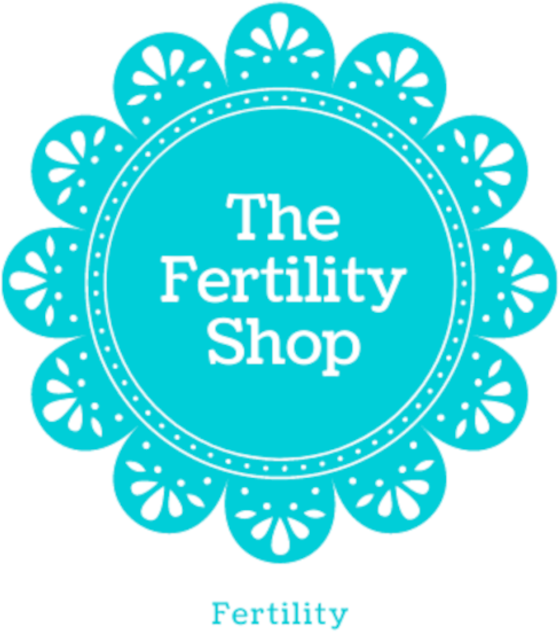
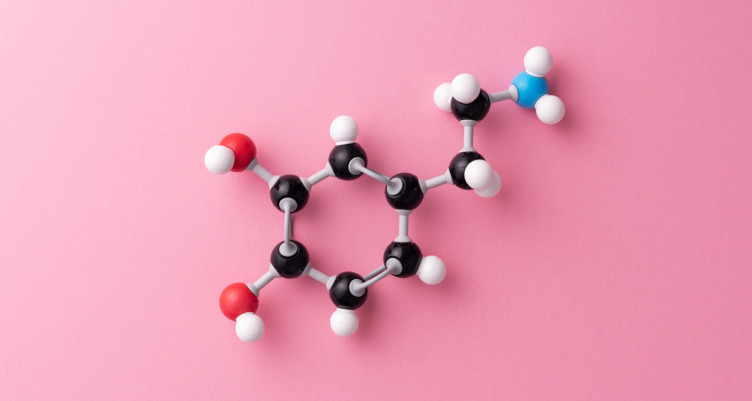

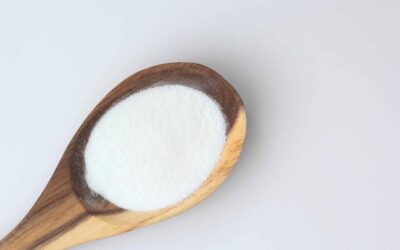

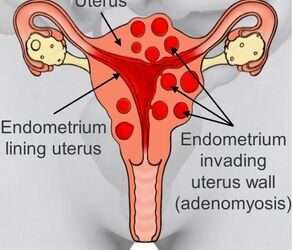
0 Comments